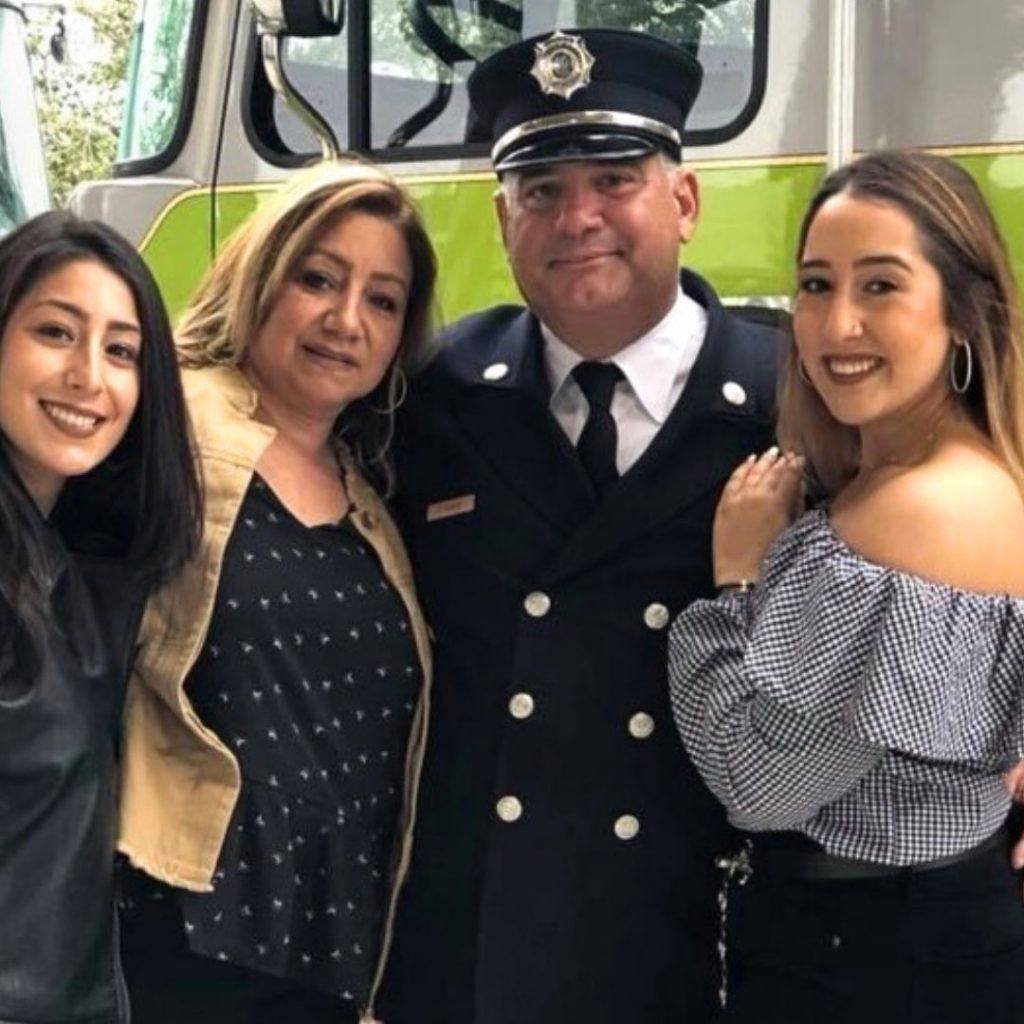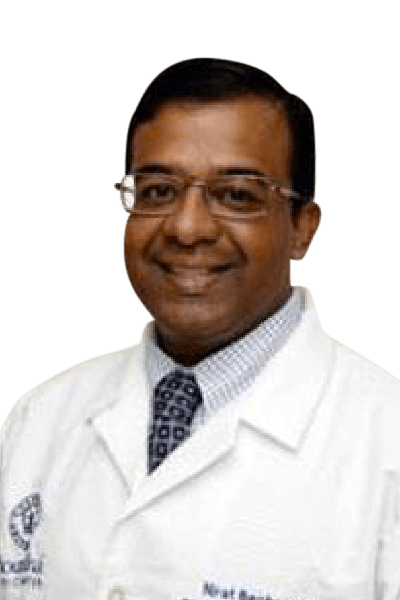A life-saving congenital heart operation by two South Florida hospitals proves to be transformative.
Born with a congenital heart condition known as tetralogy of Fallot (TOF), Lissette Martinez Abreu’s life took an unexpected turn when she suffered a stroke in March 2023, revealing the gravity of her underlying heart issues. Thankfully, Lissette, a 55-year-old New York native and social worker, overcame a life-changing cardiovascular procedure completed at Mount Sinai Medical Center.
Lissette’s cardiac problems emerge from childhood, when she underwent a Blalock-Thomas-Taussig shunt as an infant (to increase the blood flow to her lungs) and later a complete repair at the age of five. Despite carrying two pregnancies to term and leading a normal life for many years, little did she know her pulmonary valve was deteriorating, causing pulmonary regurgitation (or blood to leak back into the heart). It was during a stressful period of her life marked by personal losses that she experienced a stroke.
When Lissette came home one day after work, she decided to take a nap. After waking up soon after, all she can remember is that she went to the bathroom where she passed out and woke up three days later in the ICU on a breathing machine. When it was understood that she had a stroke, doctors at HCA Florida Kendall Hospital began to scour for her previous health records to determine what could have caused it.
“I went to work as usual, and then I went home,” Lissette recalls. “I had no symptoms. Nothing.”
Only after doctors implanted a loop recorder, usually recommended for patients with unexplained strokes to monitor their heartbeat, did they discover that Lissette had TOF. More specifically, a condition that results from a combination of four heart defects present at birth, causing oxygen-poor blood to flow out of the heart and into the body. In this case, Lissette was faced with a hole in her heart and an abnormality in her pulmonary valve.
“They pulled the records of everything that was still available,” Lissette’s husband says. “That’s when Dr. Soto, her primary cardiologist, listed all her conditions. Then Dr. Prieto got involved.”
Putting their plans on hold, as the couple were planning a trip to Italy the same night Lissette suffered a stroke, Lissette’s case was escalated to two interventional cardiologists in South Florida that specialize in her condition. Dr. Lourdes Prieto, a pediatric and adult congenital interventional cardiologist at Nicklaus Children’s Hospital teamed up with Dr. Nirat Beohar, the director of the Cardiac Catheterization Laboratory at Mount Sinai with expertise in structural and coronary artery interventions, to operate on Lissette.
“The procedure we did with Dr. Prieto was a transcatheter replacement,” Dr. Beohar clarifies. “What that means is you use a catheter to go into the pulmonary valve, which is the valve that lets the blood in from the heart into the lungs. We put in a new valve through the catheter, which takes care of the leakiness of the old valve.”
Lissette falls into the category of patients with adult congenital heart disease resulting from surgeries during childhood. This leads to deterioration over time, specifically with the pulmonary valve beginning to fail and allowing blood to leak back. Traditionally, addressing this issue would have required a challenging open-heart surgery. However, thanks to catheter-based procedures, interventional cardiologists can now perform the operation in just 30 minutes, allowing the patient to return home the following day.
In the United States, there are currently only three valves approved for transcatheter pulmonary valve replacement: the Melody valve (Medtronic), the Edwards SAPIEN valve (Edwards Life Sciences), and the Harmony valve (Medtronic). Both Dr. Beohar and Dr. Prieto used the Edwards SAPIEN valve on Lissette, improving her right-sided pressures instantly. By restoring her pulmonary valve function, her long-term outcome has improved, reducing the risk of adverse cardiac events in the future.
“Gradually, her right ventricle became increasingly dilated (nearly twice the size of the left ventricle), and her right ventricular function began to decline,” Dr. Prieto explains. “This meant she needed a new, competent pulmonary valve. She was evaluated for transcatheter pulmonary valve replacement and found to be an excellent candidate for the Edwards SAPIEN transcatheter pulmonary valve.”
This revolutionary technology has changed the care of congenital patients with pulmonary valve abnormalities, the most common being TOF. Statistically, in 2024 about 80% of older children and adult congenital heart disease patients with pulmonary valve dysfunction can have their valves replaced through a needle-puncture of the skin, which decreases the need for multiple surgeries and longer hospitalization and recovery times from weeks to only 24 hours.
“It is an exciting time to be involved in the care of these patients,” Dr. Prieto adds.
As patients with congenital heart disease grown into adulthood, getting the best care means doctors who specialize in both adult and congenital heart problems need to work together. Lissette’s experience shows how teaming up, like Dr. Beohar and Dr. Prieto did, can lead to positive results. Right now, Mount Sinai has a few more such cases in the pipeline, and they expect this type of treatment to keep growing over time, as the population of adults with congenital heart disease is growing exponentially due to improved survival after childhood interventions.
“They all helped me,” Lissette adds. “They gave me a fifty-fifty chance.” Lissette currently lives happily with her husband, daughter, son-in-law, and two dogs in Kendall. She is constantly surrounded by her family and friends, most of which are firefighters—a family career path that came in lucky the day of her stroke.



